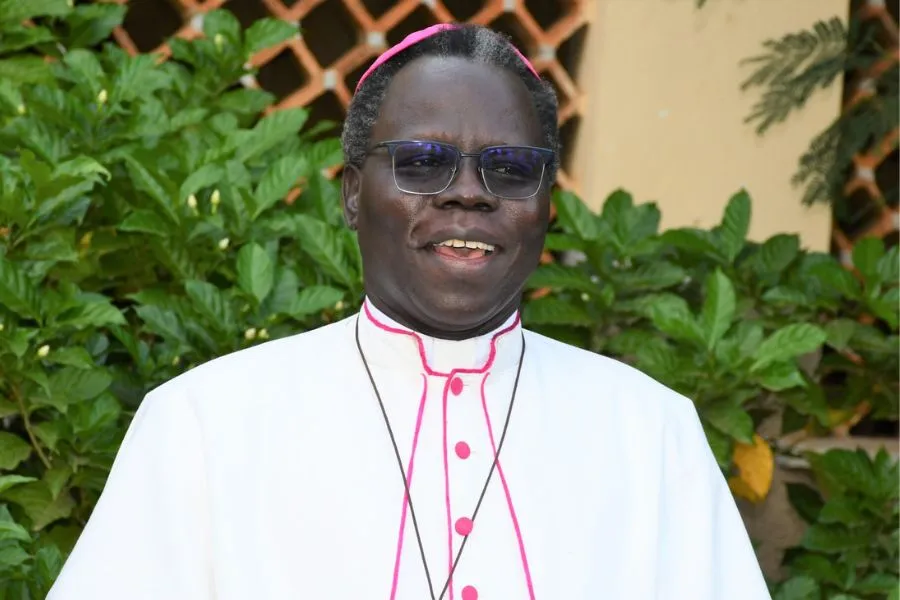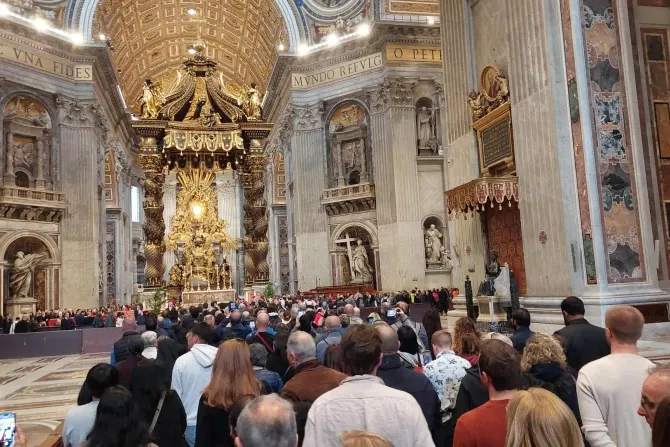Juba, 11 July, 2023 / 11:24 am (ACI Africa).
Archbishop Stephen Ameyu Martin of Juba in South Sudan, one of the three Africans named Cardinals on July 9, has said that his elevation to Cardinal is for the people of people of God in a country searching for lasting peace, and not for his personal interests.
“We would like to thank the Lord for having given us the gift of elevation,” Archbishop Ameyu told journalists in Juba on Monday, July 10, and continued, “(This) is not an elevation for a single person but it is for the whole Church.”
The 59-year-old Cardinal-designate further said, “Elevation by His Holiness Pope Francis has given us a challenge as a Church, a Church that is struggling to bring peace to our people.”
“The Holy Father has always seen our people with hope and that is why maybe he named me to the College of Cardinals,” the Catholic Archbishop whose transfer from Torit Diocese to Juba Archdiocese in December 2019 was met with resistance from a section of the Clergy and Laity of South Sudan’s only Metropolitan See said.
He continued, “The Holy Father has seen your faces, the faces of the people of God in South Sudan and would like to appreciate the hope that shines in our faces and through this election, we are put to the spotlight.”








